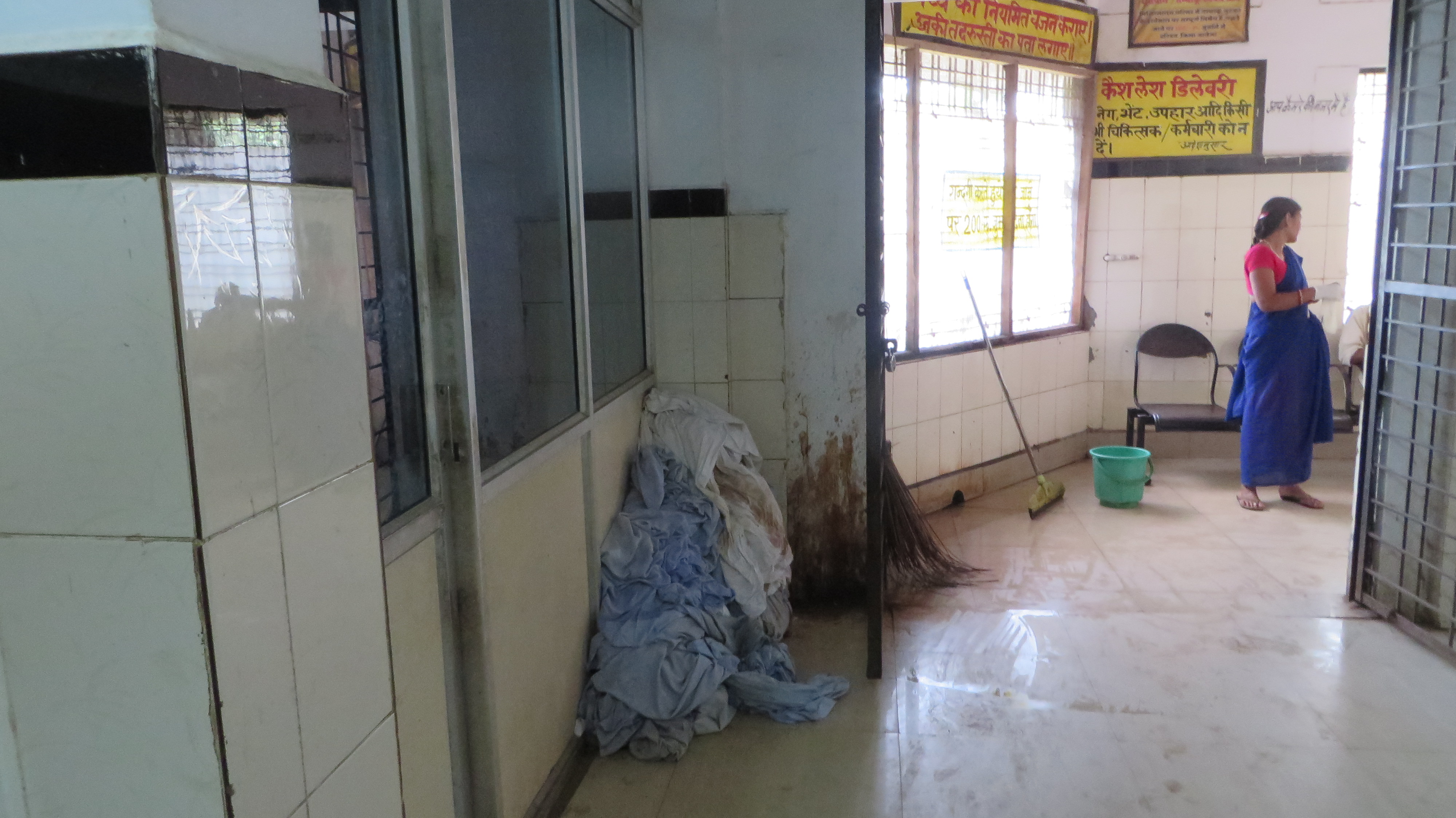Originally published in: The Hindu
Authors: Payal Hathi, Nikhil Srivastav
Early on in the fight against COVID-19 pandemic, Indians were encouraged to applaud the work done by doctors, nurses, and ‘other health workers.’
However, among these ‘other workers’, hospital cleaners, who face elevated risks of exposure to infection, are rarely spoken of. While the essentialness of their work has never been clearer, the stigma attached to the work they do means that it remains precarious and devalued. The poor working conditions and caste prejudice that cleaners face puts at risk not only the workers themselves, but also their families and neighbours, and the patients and doctors the cleaners come in contact with.
Accorded low social status
In our research about cleaning and infection control practices in public hospitals, we interviewed cleaners and other hospital staff in 22 health facilities in Bihar, Uttar Pradesh, and Madhya Pradesh in 2016 and 2017. Even before the pandemic, cleaners did not have sufficient protective equipment or training to safeguard themselves and patients. Most cleaners we met were Dalits who belonged to ‘sweeper castes.’ Their ‘low’ social status, and the fact that most of them are contract workers, meant that they were often afraid to ask for what they needed, including the protective equipment they were legally entitled to receive.
Unfortunately, many cleaners did not even have gloves as they swept and mopped floors, cleaned latrines, and wiped delivery tables. One cleaner explained that she only used one glove per delivery because the contractor did not provide gloves, and because it was difficult to ask nurses for supplies. Another said that they were once given protective equipment, including rubber boots and masks, but these supplies were soon stolen. They wanted to ask for replacements, but were afraid to speak up for fear of being fired.
Most cleaners we spoke to were afraid of contracting infections at the hospital and of taking them home to their families. However, to earn a living, they continued to work even without protective gear. In this time of COVID-19, without protective equipment, these workers are at risk and could also put patients and staff at risk. We hope they are not afraid to ask for what they need to keep themselves and others safe.
COVID-19 has highlighted the importance of closely following infection control protocols, but cleaners also suffer due to lack of training. Most cleaners we met had received none. There seemed to be several reasons for this. First, cleaning jobs were not considered important enough to warrant special training. Second, as a cleaner explained, anyone of a sweeper caste who took the job of a cleaner was assumed to already know what to do: “We are of a low caste, and from childhood we have been doing this work… what better training than this could there be?” And third, hospital staff who received infection control training often did not communicate procedures and guidelines in detail to cleaners because they assumed that they were not intelligent enough to understand.
Thus, in the rapidly changing environment of a pandemic, cleaners may be the last to learn about important new protocols. But, given the nature of the work they do — directly handling bio-waste and body fluids that may be infectious, and coming in close contact with patients as they assist hospital staff — equipping cleaners with knowledge and protection should be of utmost importance.
Much attention has been given to the alarming personal protective equipment (PPE) shortages that doctors and nurses face, for good reason. But hospital cleaners are as essential to ensuring patient survival and the functioning of hospitals. We must not allow caste prejudices to exacerbate the dangers of COVID-19. Rather, we should take advantage of this moment as an opportunity to train, protect, and improve the working conditions of these essential workers as they do the indispensable work of ensuring the survival of the sick.

